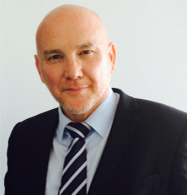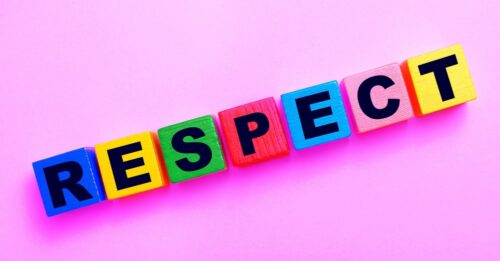Abstract
The increasing diversity in the US population is reflected in the patients who healthcare professionals treat. Unfortunately, this diversity is not always represented by the demographic characteristics of healthcare professionals themselves. Patients from underrepresented groups in the United States can experience the effects of unintentional cognitive (unconscious) biases that derive from cultural stereotypes in ways that perpetuate health inequities.
Unconscious bias can also affect healthcare professionals in many ways, including patient-clinician interactions, hiring and promotion, and their own interprofessional interactions. The strategies described in this article can help us recognize and mitigate unconscious bias and can help create an equitable environment in healthcare, including the field of infectious diseases.
Attribution: Marcelin et al The Journal of Infectious Diseases, Volume 220, Issue Supplement_2, 15 September 2019, Pages S62–S73,



















